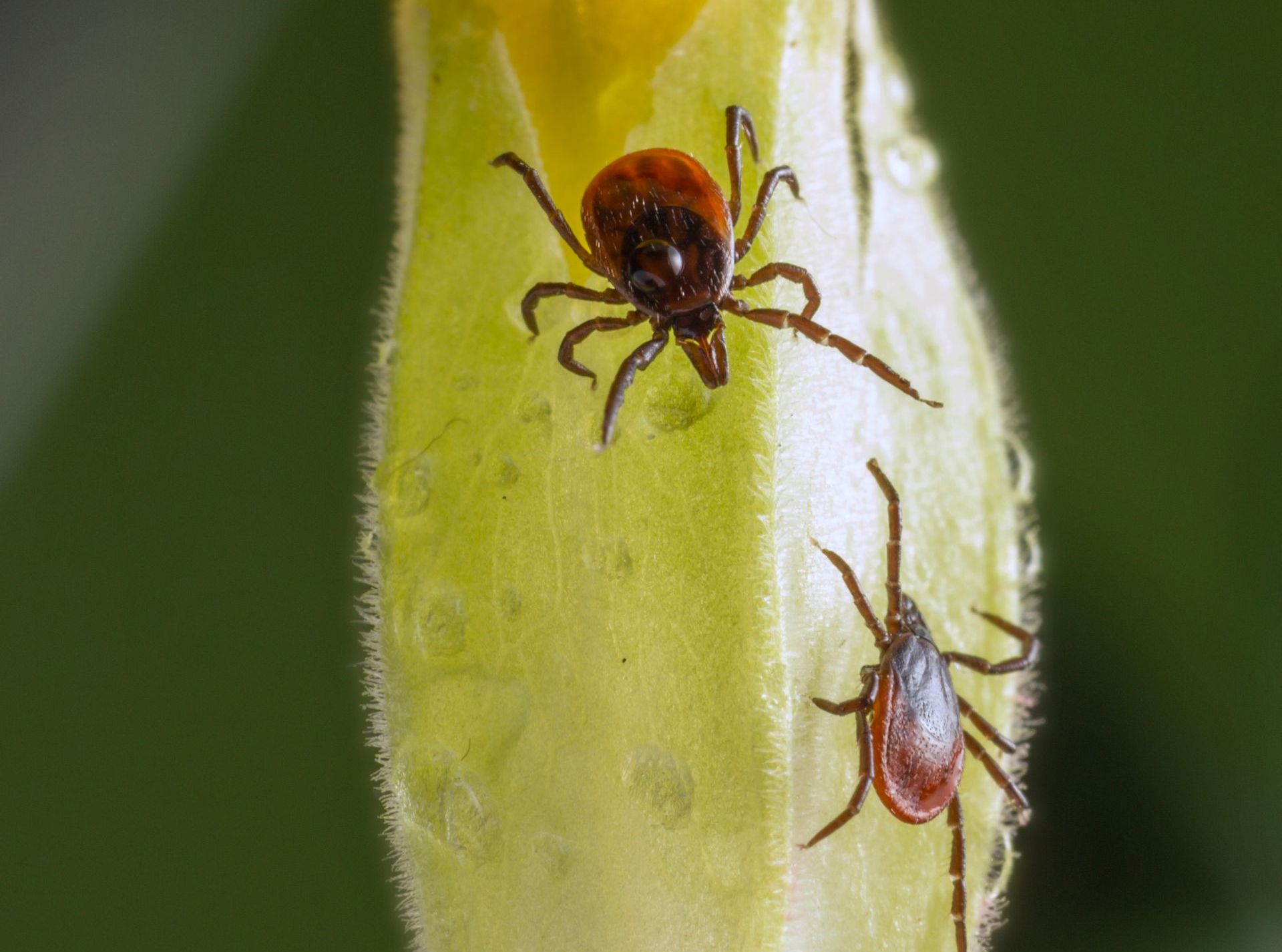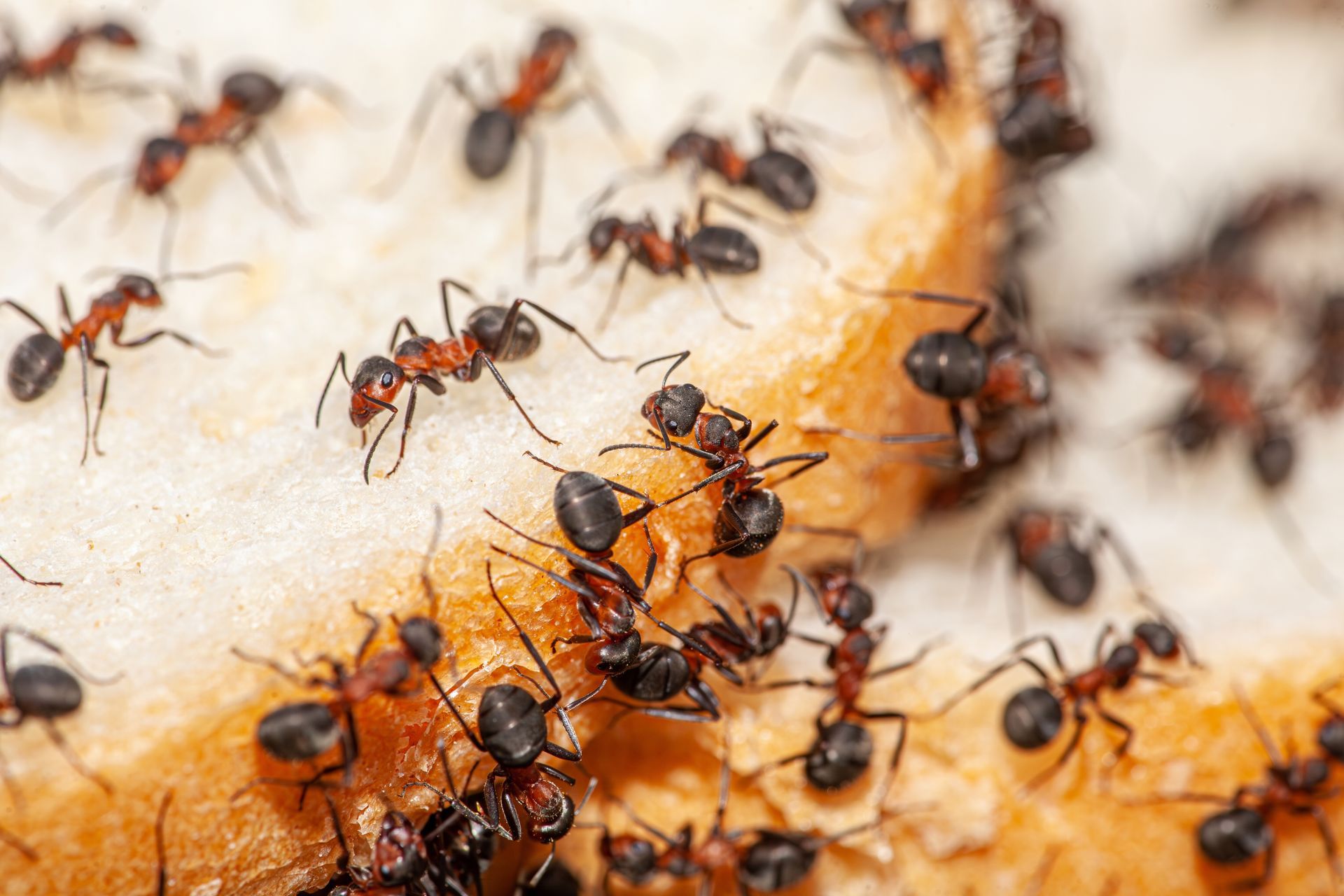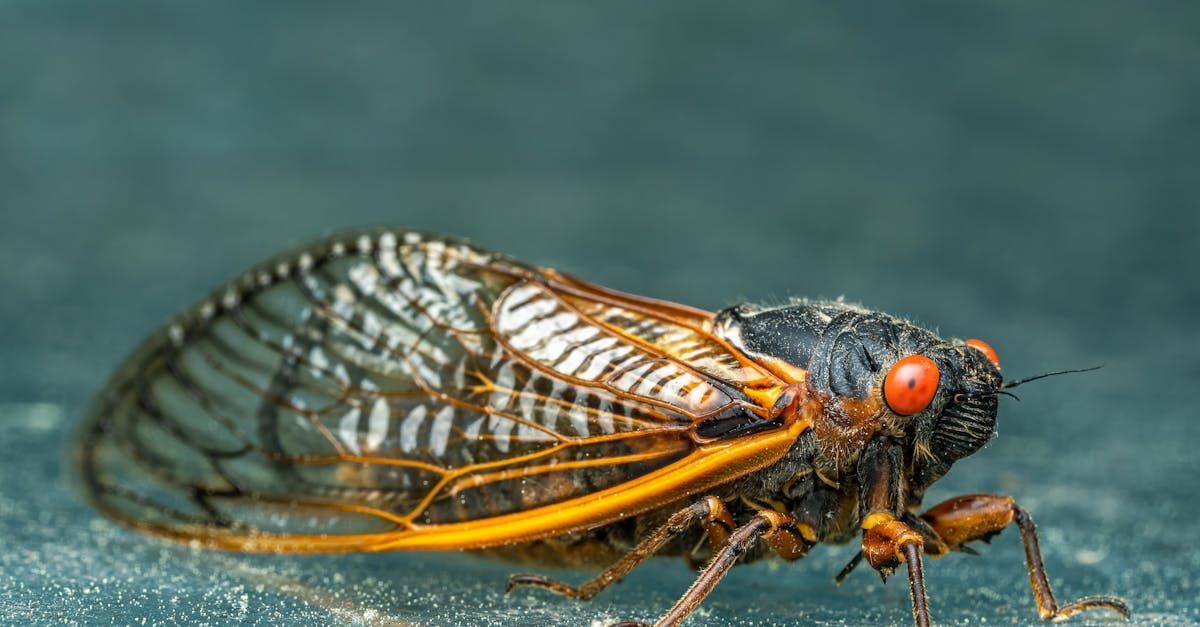Ticked Off! Missouri Braces for Tick Surge: Insights from Recent Research
Missouri Expected to See Rise in Ticks This Year: What You Need to Know

Recent research conducted by Matt Combes, Ecological Health Unit Science Supervisor at The Missouri Department of Conservation, in partnership with A.T. Still University (ATSU), sheds light on an impending surge in tick populations in 2024. The study reveals a notable increase in the Lone Star tick population, identified by a distinctive white dot on their backs. Out of 2,500 ticks collected, the Lone Star tick dominated submissions, comprising 71% of the total. This trend aligns with field studies across Missouri, where the Lone Star tick consistently leads collections.
As tick populations escalate in Missouri, residents must brace themselves for potential encounters with these pesky pests, known for transmitting serious diseases such as Lyme disease and Rocky Mountain spotted fever.
Here's what you need to know:
- Tick Prevention: To minimize the risk of tick bites, adopt preventive measures such as wearing long sleeves and pants when outdoors, using insect repellents containing DEET, and conducting regular tick checks on yourself, your children, and your pets.
- Tick Removal: If you find a tick attached to your skin, promptly remove it using fine-tipped tweezers. Ensure to grasp the tick as close to the skin's surface as possible and pull upward with steady, even pressure. Thoroughly clean the bite area with soap and water.
- Awareness: Familiarize yourself with common tick habitats such as wooded areas, tall grasses, and leaf litter. Avoid walking through dense vegetation and stick to marked trails when hiking or camping.
- Professional Help: Consider seeking assistance from a professional pest control service if you're concerned about ticks on your property. They can assess your premises, implement preventive measures, and offer guidance on tick management.
- Stay Informed: Stay abreast of tick-related news and updates in your area to remain vigilant. Educate yourself on the signs and symptoms of tick-borne illnesses, enabling prompt medical attention if necessary.
By staying informed and taking proactive measures, you can mitigate the risk of tick bites and safeguard your health and well-being. Don't let ticks mar your outdoor experiences—arm yourself with knowledge and stay safe!
Follow us on Social Media for More tips on how to stay safe from pests this Spring and Summer. #TeamBuckingham
You might also like




